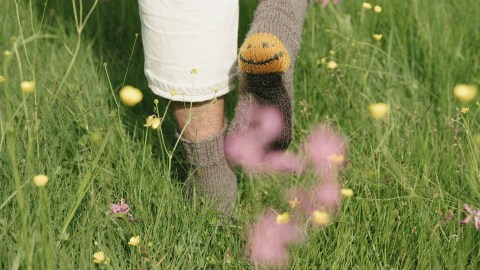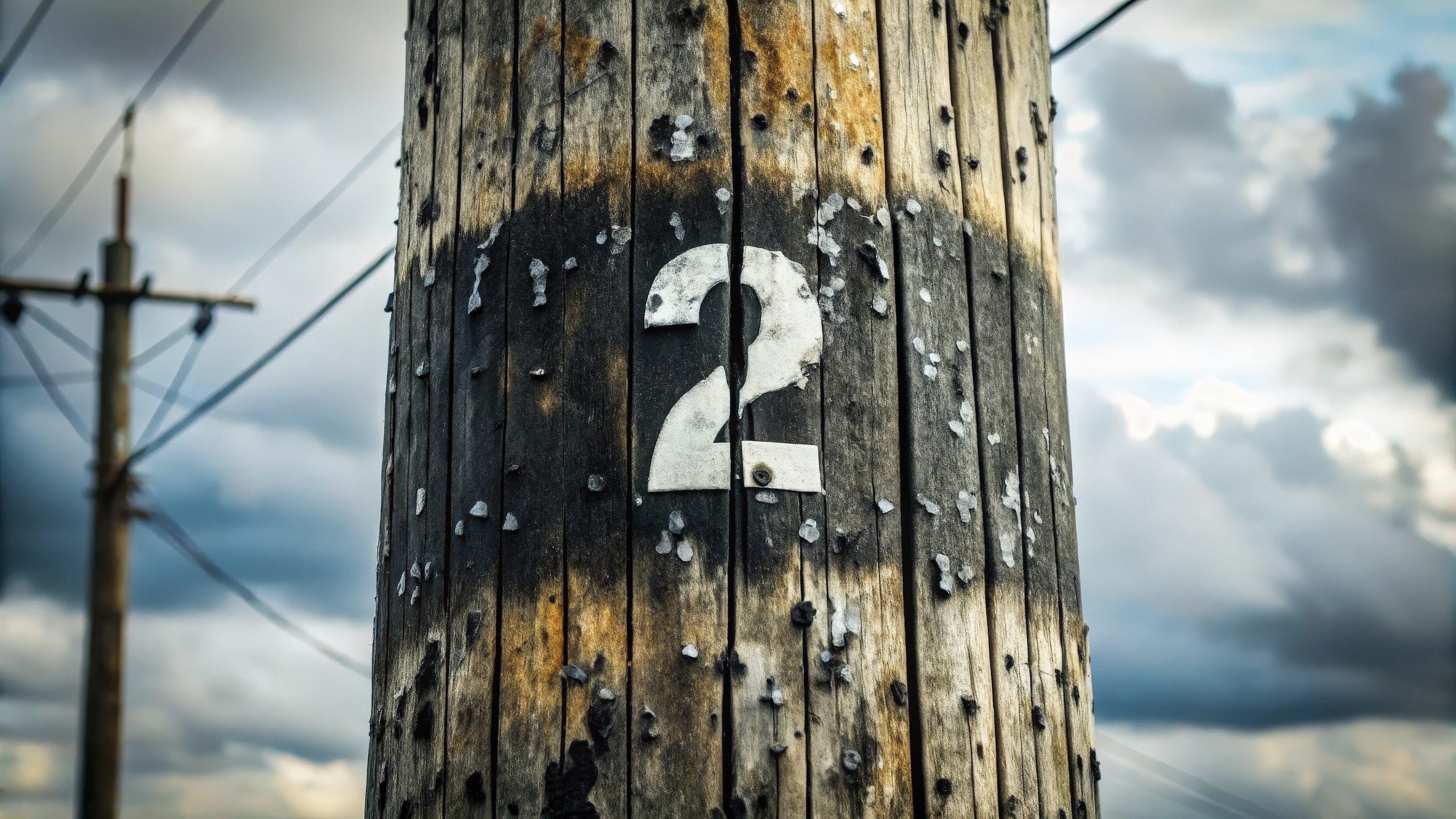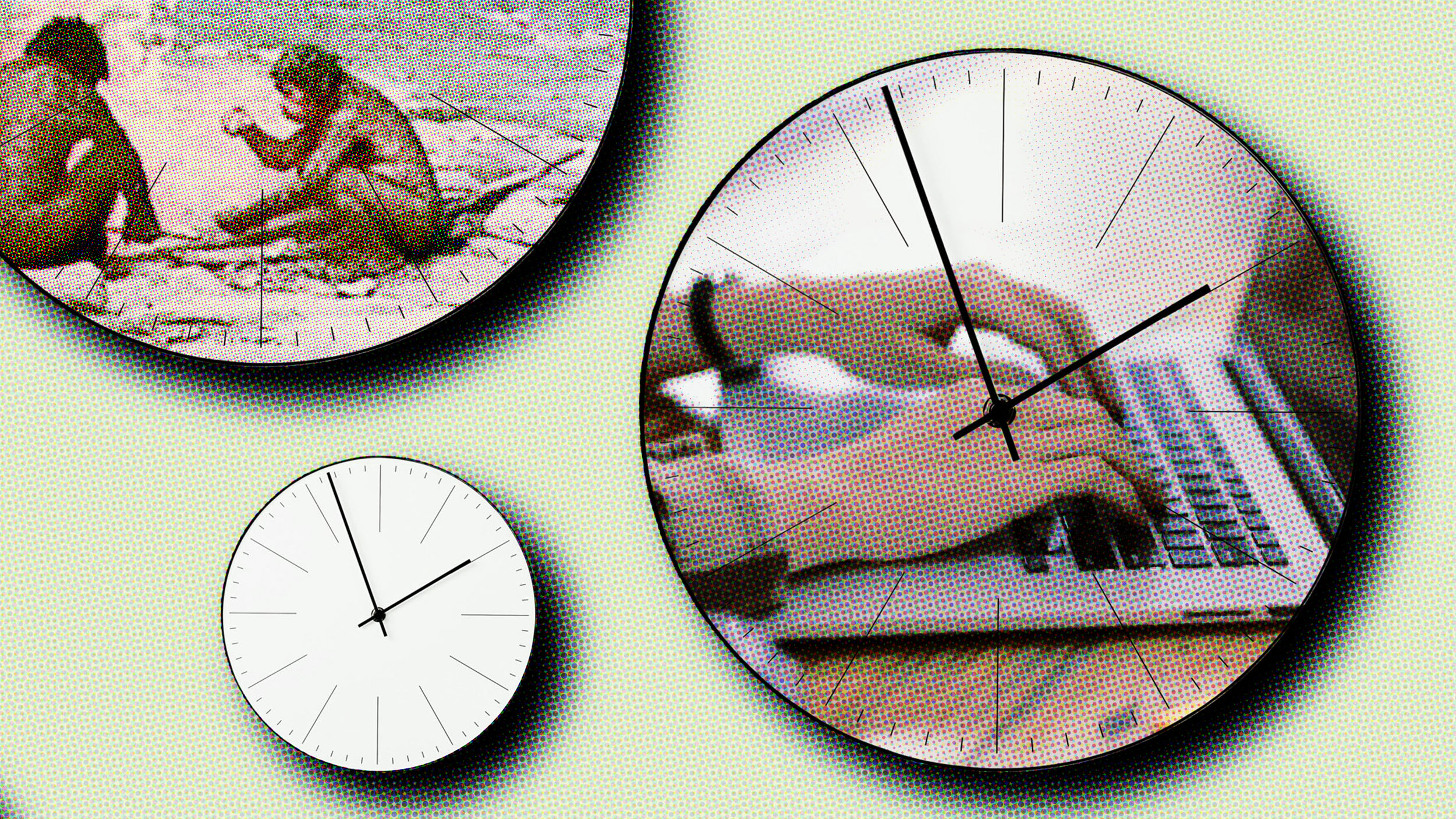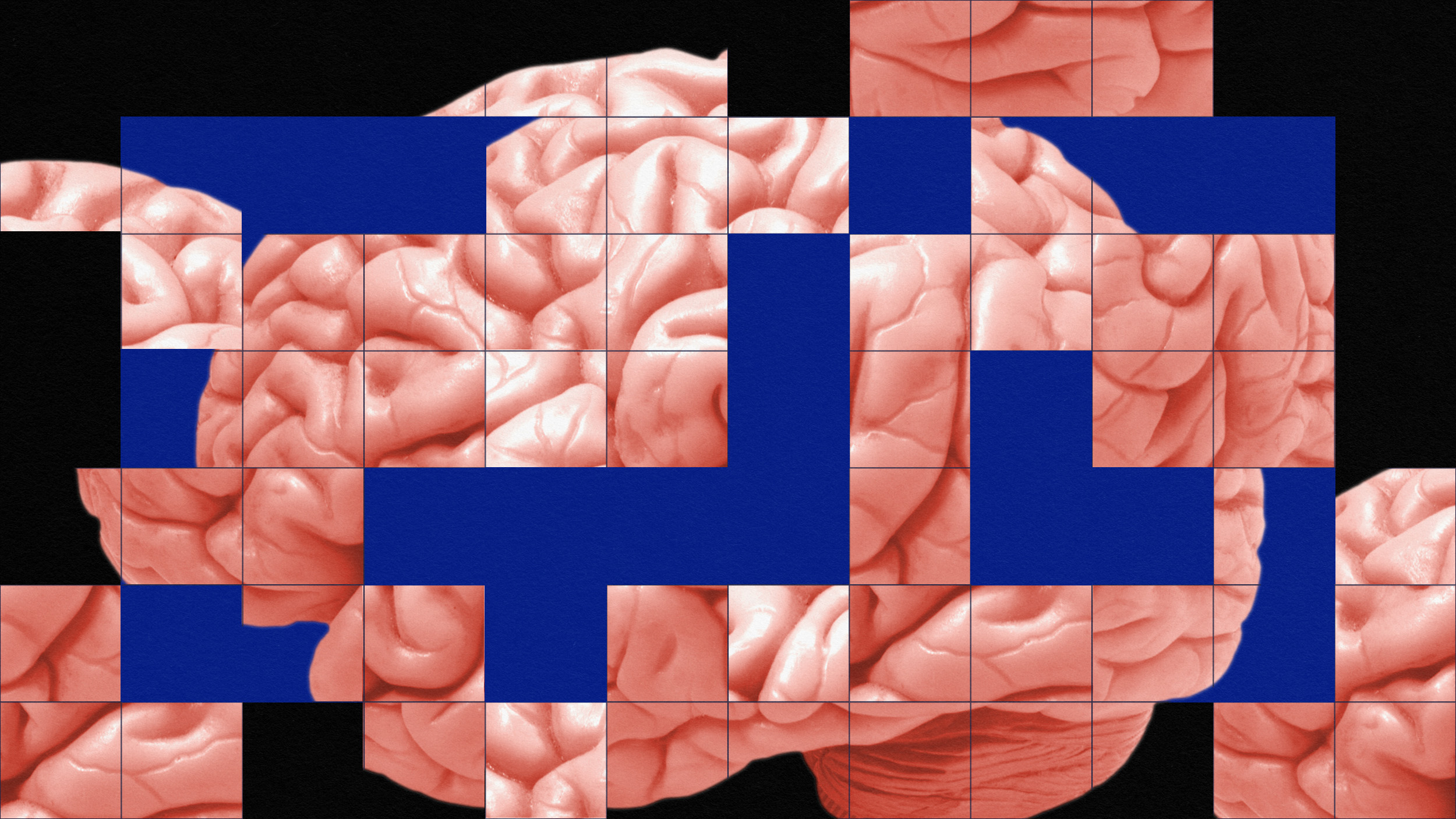The “Reitoff principle”: Why you should add “nothing” to your work-life schedule

- Creative solutions tend to appear when the brain relaxes sufficiently.
- According to neuroscientific research, our brains are still active even when we’re “doing nothing.”
- Embracing the Reitoff principle means recognizing that sometimes it’s worth doing nothing at all.
‘Since people only kill the spiders they see, humans are acting as an agent of natural selection, causing spiders to be selected for reclusion and intelligence. We are making spiders smarter.’
‘Based on how much you can bond with someone by hating the same thing, a dating app based on dislikes would probably be fairly successful.’
‘The real gauge of friendship is how clean your house needs to be before they can come over.’
These reflections are all gleaned from one of my favourite pages on the internet, the Reddit forum r/Showerthoughts. It’s a space for people to post the most profound and weird thoughts that come to them during their daily ablutions.
It’s unlikely that a particularly large proportion of Redditors posting on the page realize it, but they’re actually vindicating a famous neuroscientific theory. You’ve probably experienced it yourself. You step into the shower, stand under the hot water, the aromas of your shampoo and soap lulling you into a relaxed state. Suddenly, your eyes open – the solution to some problem you’ve been struggling with is miraculously clear! Maybe you figured out exactly what to say in that email to your boss. Maybe you remember where you’ve left your car keys. The ‘shower principle’ isn’t just a Redditor’s fantasy. When the brain relaxes sufficiently, creative solutions do appear.
It’s all down to the power of a particular kind of mindless recharging: namely mind-wandering. According to recent neuroscientific research, even when we’re ‘doing nothing’, our brains are still active. In particular, there’s a region of the brain called the ‘default mode network’ (DMN) that governs the strange places our absent minds go to. The DMN helps us to recall memories, to daydream and to imagine the future. And it becomes more active the less engaged we are with mentally draining tasks.
The problem with modern life is that we’re not very good at giving ourselves the time and space to activate our DMN. If anything, mind-wandering gets a bad reputation, often being equated with wasting time. Since we usually can’t remember what we were pondering in our daydreams, it’s difficult to imagine that anything beneficial could result from it. We imagine wrong. Doing nothing can be surprisingly productive.

What would it look like to integrate time for ‘nothing’ into our lives? Well, the simplest way is to actively schedule moments of ‘nothingness’ into your week. Some nights, you don’t need to go for a walk or paint a picture. Some nights, you should simply let yourself zone out. Even put it in your calendar: one evening next week will be your evening of oblivion.
Alternatively, you might decide that while you’re doing your weekly chores – washing the dishes, hanging up the laundry, or going to the grocery store – you’re not going to listen to anything on your headphones. It’s a counter-intuitive method for productivity enthusiasts, and one that I often have to force myself to partake in. And yet it works.
It might feel unproductive. But sometimes, it’s just the time your brain needs to wander – and so solve problems with perspectives you didn’t realise you had.
Even scheduling time for mind-wandering involves doing something. You’re still in productivity mode; it’s just that your productivity is going to be activated by doing as little as possible.
Sometimes, even this is too much. Back when I was balancing my full-time job as a junior doctor with growing my business, I’d sometimes return home buzzing with energy, eager to dive into filming and editing videos. But other evenings, I was utterly exhausted from a grueling day at the hospital, with every fibre of my being craving the comfort of the sofa and the mindless escape of Netflix.
On these days, I’d flop onto the sofa. ‘I really need to film this video,’ I’d think. ‘I’ll get up in thirty minutes.’ But as the half-hour wore on, actually filming the video would seem less and less appealing.
By doing less today, you can do more of what matters to you tomorrow.
Sometimes, my flatmate Molly (also a doctor) would stage an intervention. ‘Ali, if you’re tired, why don’t you just write off the evening and rest?’ she would ask.
Her words planted a seed in my mind. What if she was right? Why couldn’t I just write off the evening and truly relax? As I wrestled with this internal conflict, I stumbled upon a term that perfectly encapsulated my newfound perspective: the ‘Reitoff principle’.
The Reitoff principle is the idea that we should grant ourselves permission to write off a day and intentionally step away from achieving anything. For many of us, the challenge of rest lies in the act of stepping back from the things we think we should be doing. We’re conditioned to value self-control, grit and persistence. We equate rest with laziness, weakness or failure.
Embracing the Reitoff principle means recognising that – sometimes – it’s worth doing nothing at all. Not having deep shower thoughts. Not having a gentle walk. Nada.
These days, I use the Reitoff principle to help me feel less guilty about taking time off. When I feel worn down, tired and struggle to find the energy to keep going, I tell myself that it’s ok to give up on the day so that I can do other things guilt-free, like playing video games and ordering takeaway. I tell myself that this short-term ‘unproductiveness’ gives me time to reset and recharge.
By doing less today, you can do more of what matters to you tomorrow. It also helps me realise that in reality I probably don’t actually want a Reitoff day every day. By allowing yourself to occasionally hit the pause button and step away from the constant pressure, you create space for growth and creativity. By doing less today, you can do more of what matters tomorrow.





